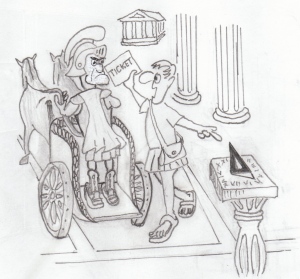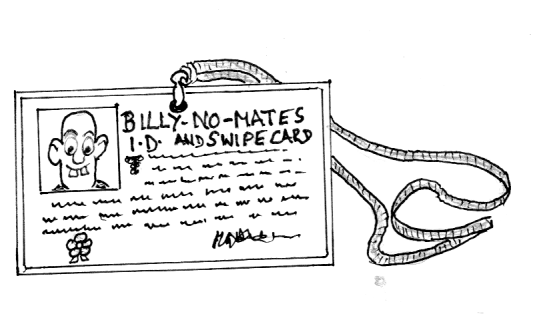Politicians on radio and television interviews always saying they’re in it because they want to ‘ to make a difference’ and ‘ to put something back into society’
In the same breath they will also be unlikely to pass up the opportunity to say why they didn’t come into politics – for instance , ….to cut benefits, raise taxes or be rude about fat people. They will then sing the praises of the values with which they were brought up and of their parents who upheld them – without necessarily specifying what they were ( the values, not the parents) . If challenged by somebody from an opposing party they will say ‘I am not taking lessons in…..from a party which…..’ . It’s all just a form of words , so predictable that it qualifies as Quotlish (q.v) which is particularly prevalent in political debate. Political Quotlish is made up of those words and phrases which politicians think the electorate never tire of hearing . Most are leaden and prosaic such as ‘Too little too late’ or ‘Lessons to be learnt’ or ‘At the end of the day’ , while others might be colourful imagery except that they’ve been trotted out so often that they have lost their poetry. You’ll hear about there being ‘no silver bullet’ and ‘ the elephant in the room’ or ‘rearranging the deckchairs on the Titantic’.

And then there are others which are more enigmatic and , far from losing their meaning by over-use , never had a very clear meaning in the first place – such as ‘dog-whistle politics’ , shroud-waving’, and ‘ step up to the plate’. For a full list of political buzz-words and –phrases see Quotlish.
(George Charrington , Finchley) - QQQQQ

